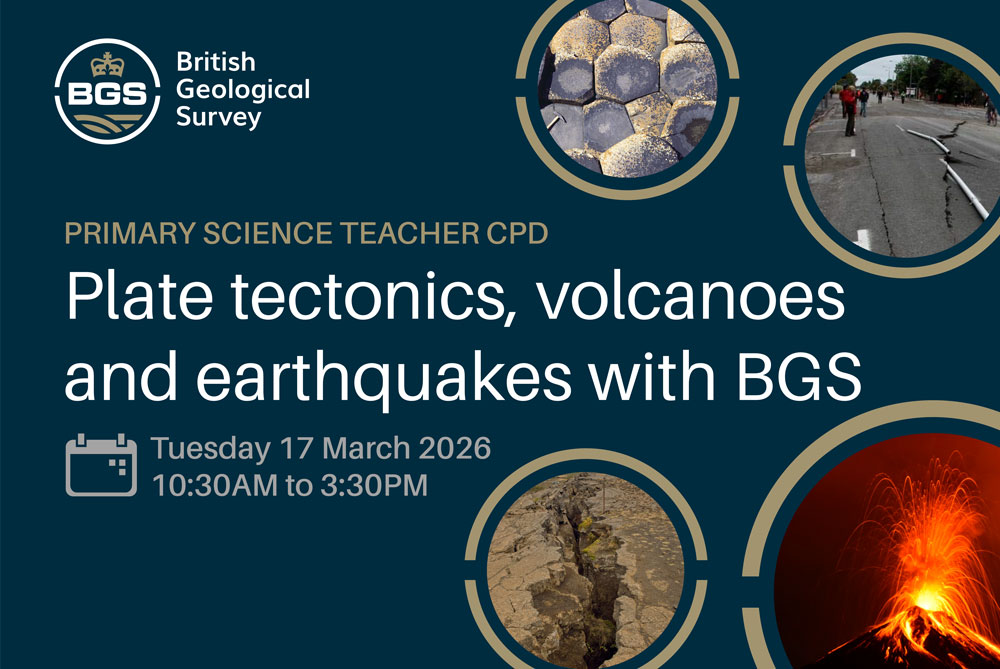Latest
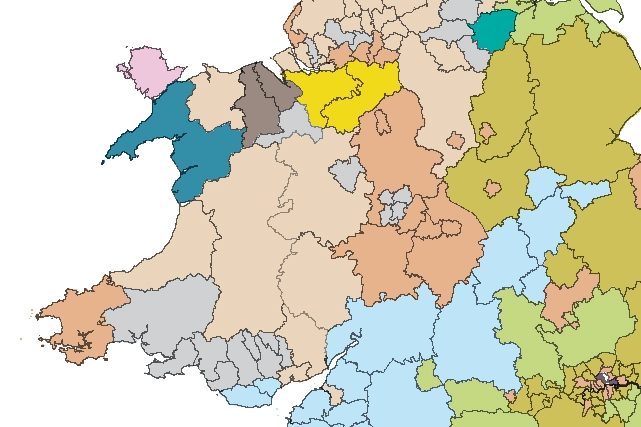
Map of BGS BritPits showing the distribution of worked mineral commodities across the country
18/02/2026
BGS’s data scientists have generated a summary map of the most commonly extracted mineral commodities by local authority area, demonstrating the diverse nature of British mineral resources.

Funding awarded to map the stocks and flows of technology metals in everyday electronic devices
12/02/2026
A new BGS project has been awarded Circular Electricals funding from Material Focus to investigate the use of technology metals in everyday electrical items.
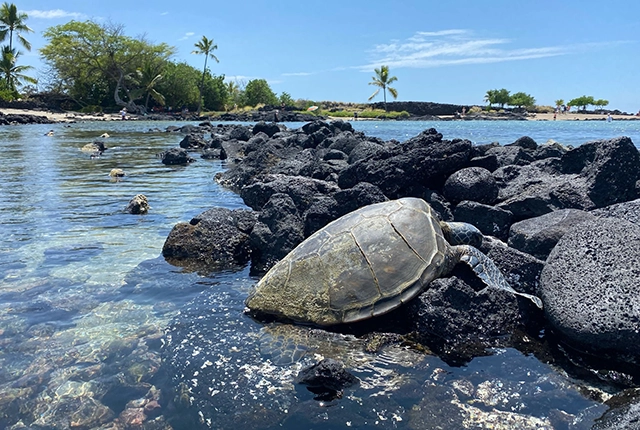
MARC Conference 2025: highlighting the importance of conferences to PhD students
16/02/2026
BGS and University of Nottingham PhD student Paulina Baranowska shares her experience presenting her research on nuclear forensics at her first international conference.
Explore more news
Browse all news and events by category
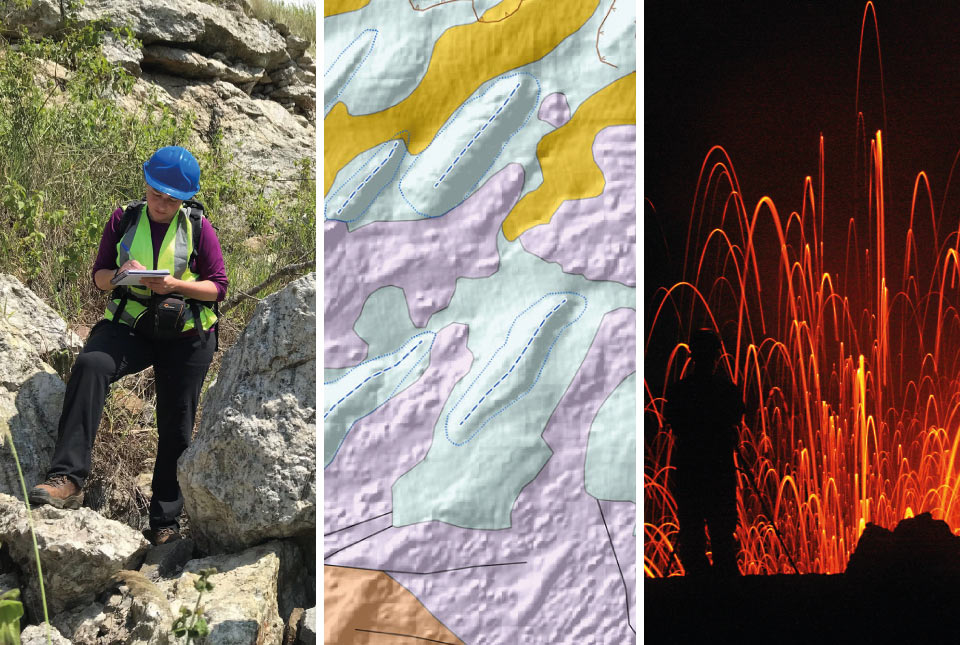
BGS Strategy: public consultation
18/11/2022
We would welcome responses from anyone interested or involved in the geosciences as part of the wider consultation on our new BGS Strategy
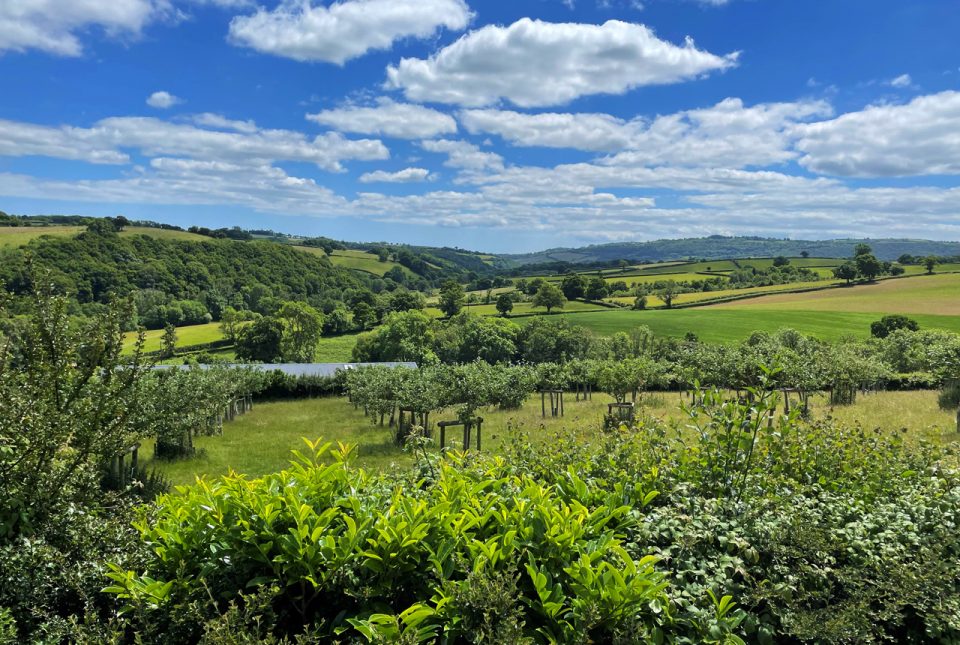
BGS supports development of a local land-use framework for Devon
10/11/2022
The framework will help to identify data improvements to support more joined-up decision making about land use in Devon.
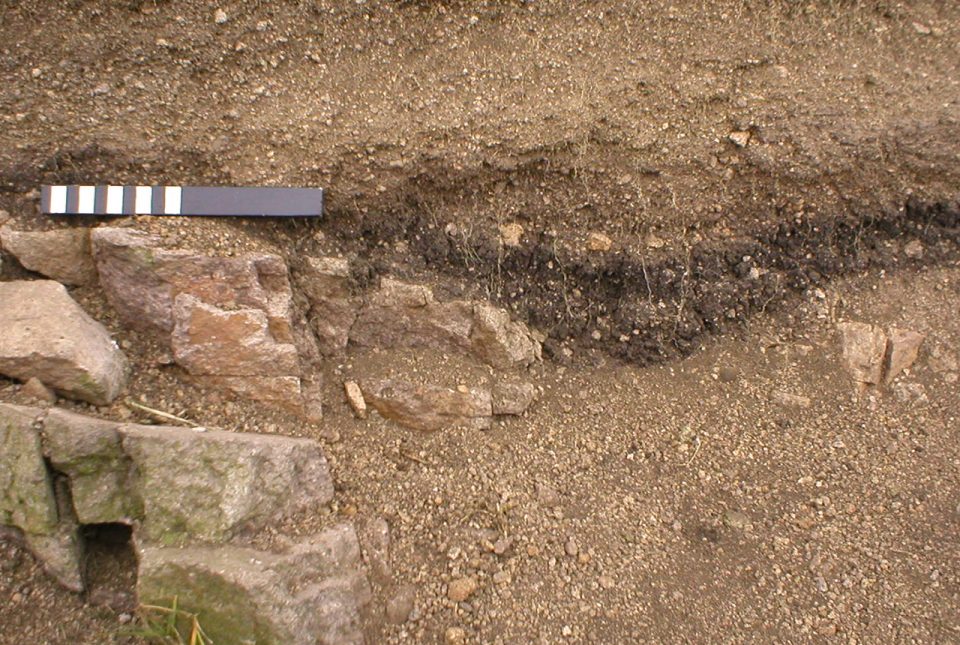
Understanding long-term burial of organic carbon deposits
07/11/2022
Carbon sequestration is one method of reducing the amount of carbon dioxide in the atmosphere, by capturing and storing it, contributing to climate change reduction.
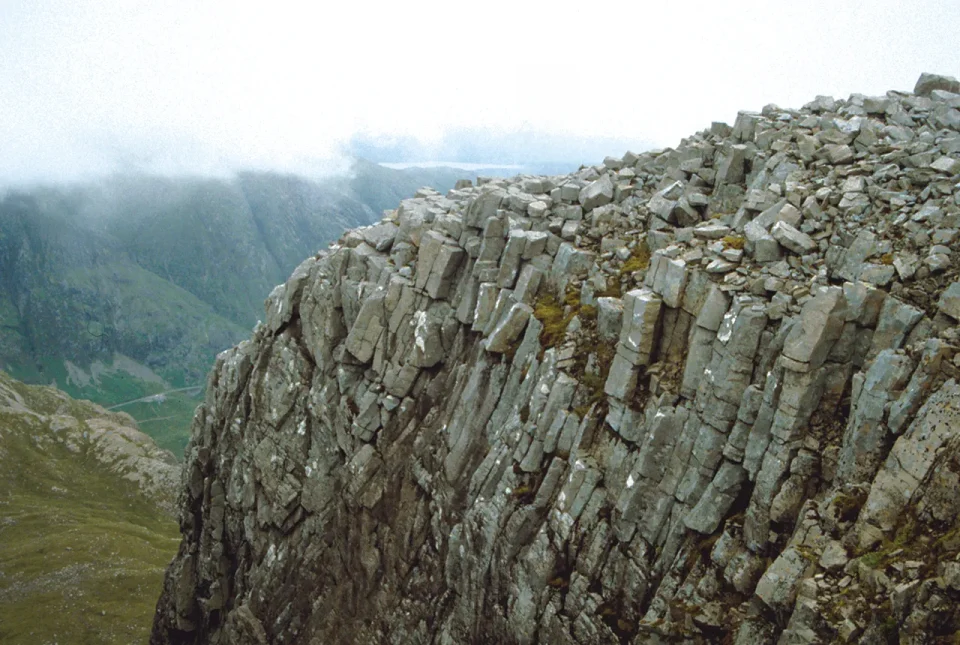
Spooky geology
31/10/2022
Explore thirteen of our favourite spooky geological hotspots around the UK.
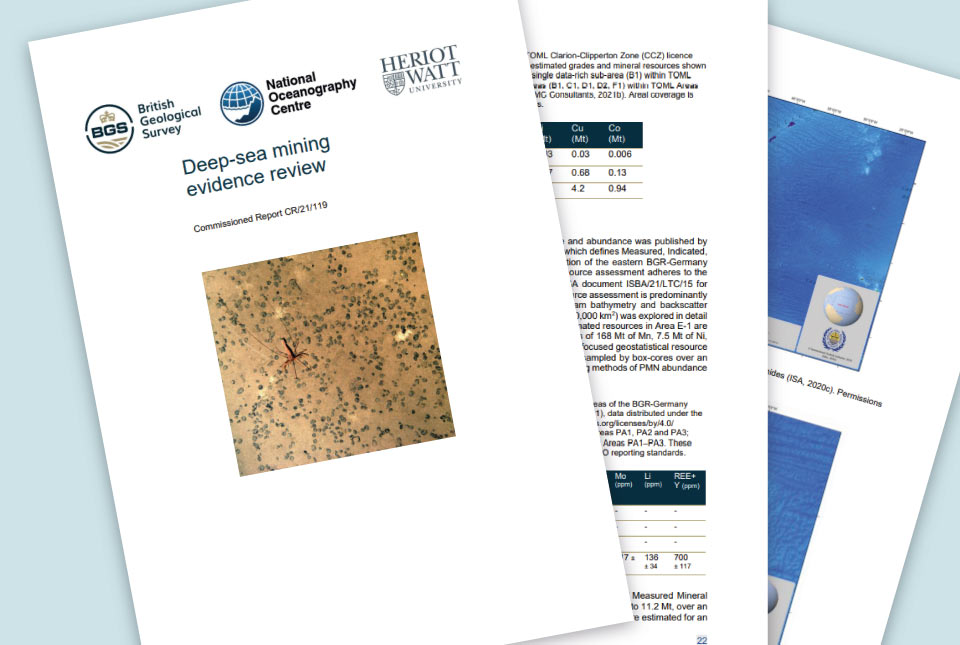
Deep-sea mining evidence review published
31/10/2022
The deep-sea mining independent evidence review report was commissioned by the UK Government to inform its policy in relation to deep-sea mining.
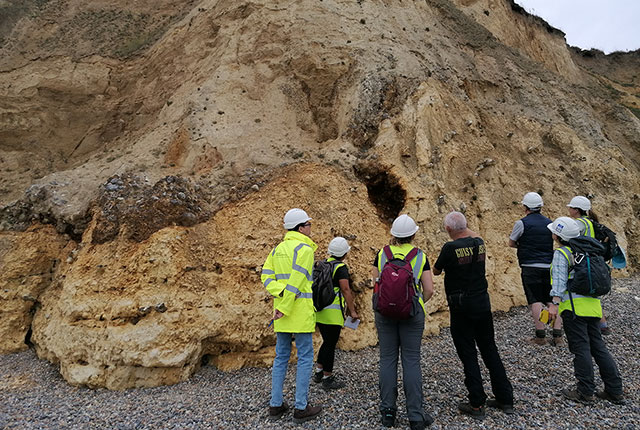
Notes from an applied glacial geology field course in Norfolk
28/10/2022
Marine geoscientist Catriona MacDonald and urban geologist Raushan Arnhardt share their experiences from a recent trip to north Norfolk to learn more about glacial geology.
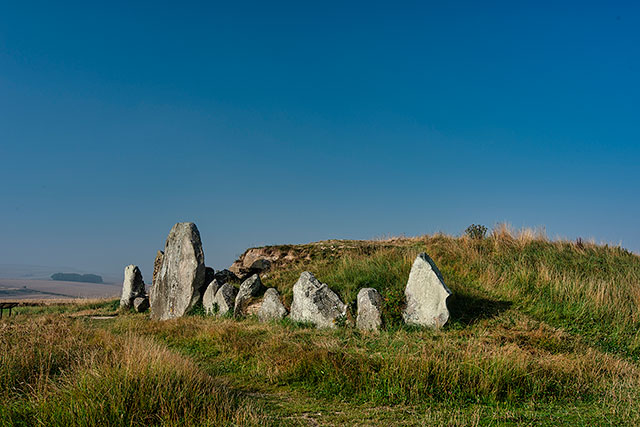
New lead isoscape map for archaeological provenance studies in Great Britain
28/10/2022
A new study aims to determine lead isotope ratios in soil and rock across Great Britain which could inform future archaeological studies about human and animal origins.
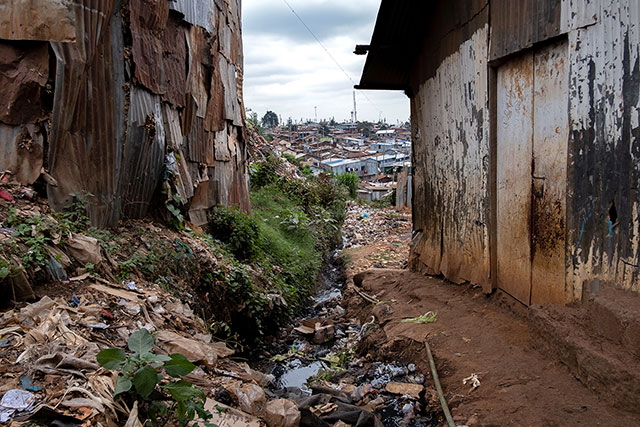
Accumulation of toxic substances in Nairobi’s river sediments
27/10/2022
Researchers have warned of the presence of toxic contaminants and untreated wastes accumulating in Nairobi’s Mathare, Ngong and Nairobi rivers.


